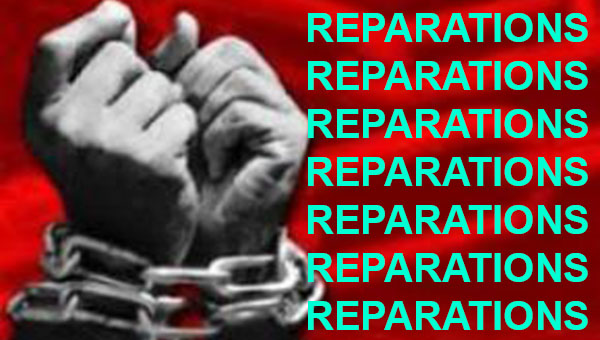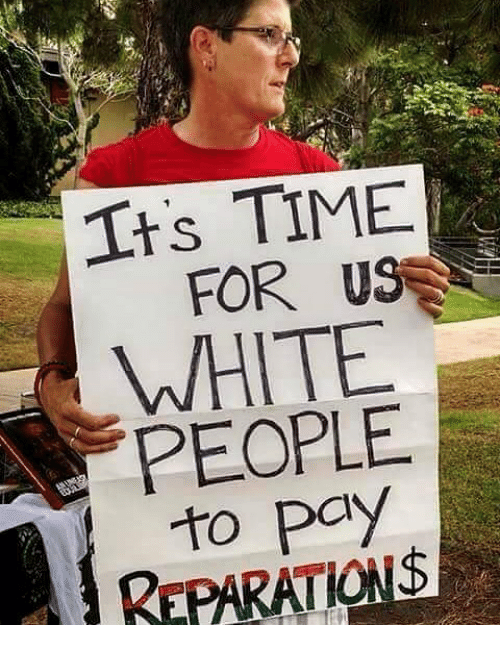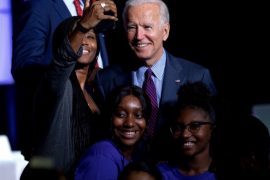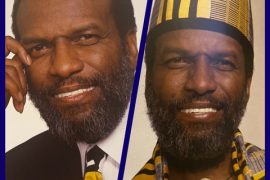Columnist David Brooks has joined Paul of Tarsus, Augustine of Hippo and C.S. Lewis of Belfast in making one of the most profound conversions in history.
Brooks is a widely recognized author and journalist, a New York Times op-ed regular and public television commentator, generally regarded as a moderate Republican/Conservative.
But this past March, in a column headlined “The Case for Reparations,” he sided with Ta-Nehisi Coates, the eminent Black author and intellectual thoughtleader, in supporting long-overdue reparations for African Americans whose ancestors were injured by U.S.-authorized slavery.
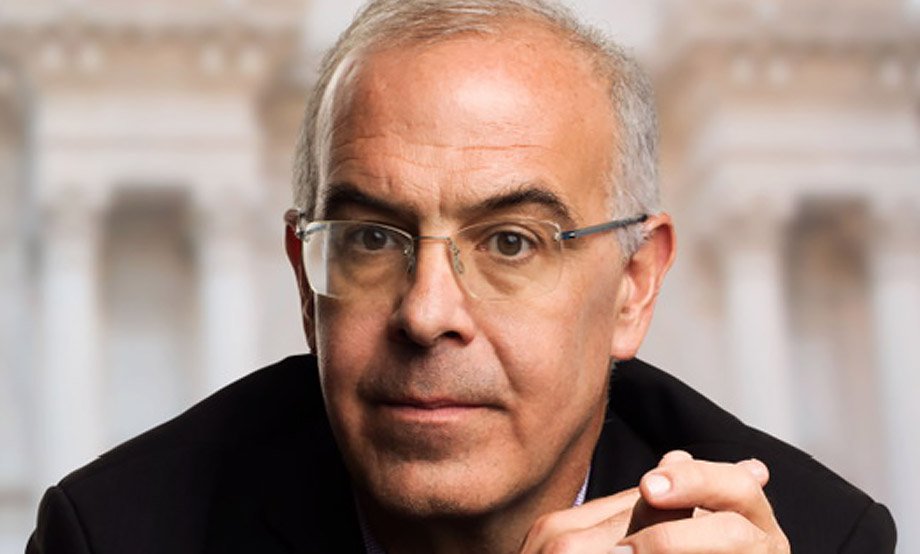
Talk about a turnaround! Brooks’ about-face constitutes an astounding transformation, and perhaps more importantly, a signal that white America is grudgingly coming to grips with the legitimacy of an issue – reparations – it had heretofore dismissed as unrealistic, if not ridiculous.
Just a few years ago, in a 2013 essay, this same Brooks railed against race-based affirmative action, claiming it wrongfully discriminated against Asian Americans, reinforced crude racial categorizations, and even hurt its intended beneficiaries by overmatching them into colleges and jobs for which they were not prepared.
So what happened? What triggered this “Aha!” moment, this epiphany, this “Come to Jesus” conversion? Turns out there were at least two bolts of lightning.
One was Brooks’ re-reading of Ta-Nehisi Coates’ seminal 2014 article in The Atlantic Magazine, which Brooks initially disagreed with, that systematically makes a solid case for reparations. The other prompt, more of a gut-punch than a reasoned argument, was talking with an elderly Black woman in South Carolina, who told him that her kids were facing far greater challenges now than any she met growing up in Jim Crow 1953.
Now, the woke Brooks likens Black slavery to sin, quotes Scripture, and beckons others to mend their ways vis-à-vis racial justice. He observes that “the racial divide doesn’t feel like other divides. It is more central to the American Experience…born out of sin.”
Sin, writes Brooks, “is anything that assaults the moral order. Slavery doesn’t merely cause pain and suffering to the slave. It is a corruption that infects the whole society. It is a collaborative debt that will have to be paid.”
I know Ta-Nehisi Coates and have had numerous meetings and conversations with him. For Brooks to express solidarity with Coates’ carefully argued positions is like Darth Vader leaving the Dark Side to join Luke Skywalker.
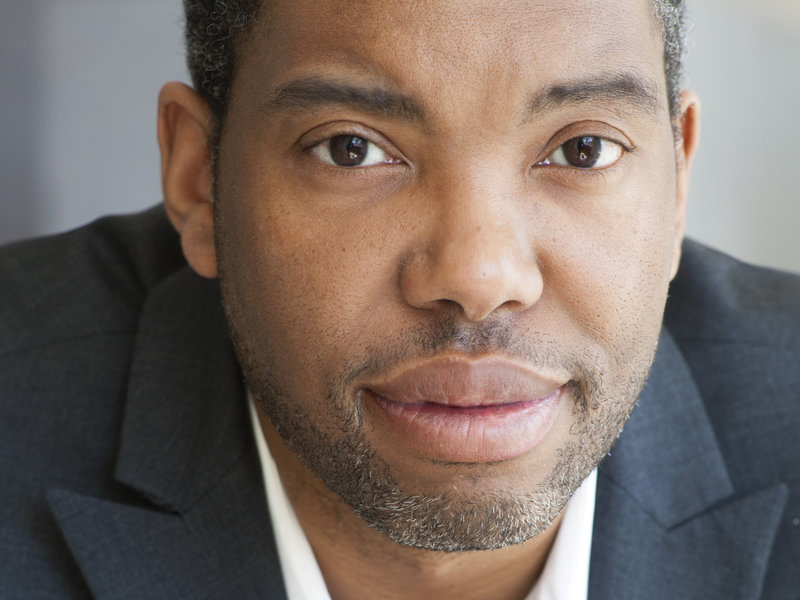
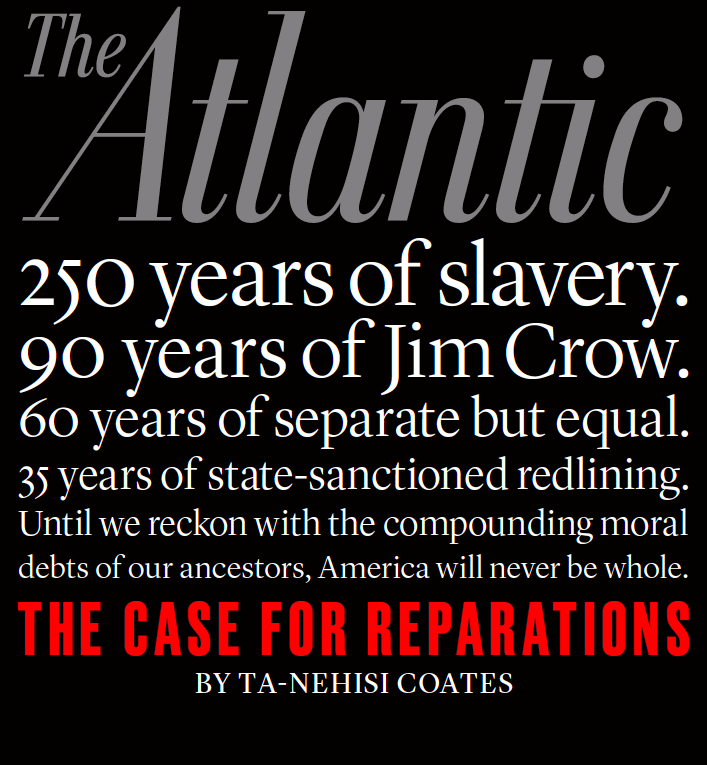
Coates opens his Atlantic manifesto with this clarion call: “American prosperity was built on two-and-a-half centuries of slavery, a deep wound that has never been healed or fully atoned for…and that has been deepened by years of discrimination, segregation, and racist housing policies that persist to this day. Until America reckons with the moral debt it has accrued and the practical damage it has done to generations of Black Americans, it will fail to live up to its own ideals.”
Reparations And Affirmative Action
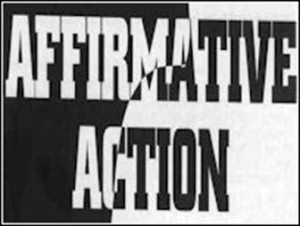
Coates’ call for reparations has special meaning for me because I have a keen interest in its smaller cousin – affirmative action, particularly as it applies in the construction industry.
Affirmative action was first invoked in 1961 when President John F. Kennedy issued an executive order stating that federal contractors should not discriminate against racial minorities. That was a start, but it was President Lyndon Johnson’s Executive Order 11246 that became the lynchpin of Black advancement.
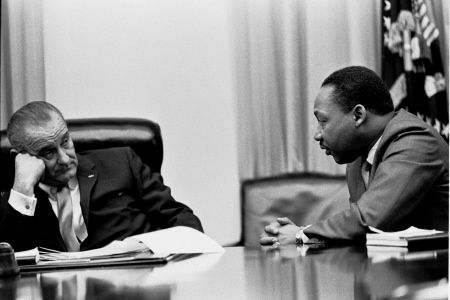
LBJ’s order essentially says that it is not enough to just stop discriminating against African Americans, you have to take steps – AFFIRMATIVE ACTION – to correct the effects of past discrimination.
“You do not take a person who for years has been hobbled by chains and liberate him, bring him up to the starting line of a race and then say, ‘You are free to compete with all the others’ and still justly believe that you have been completely fair,” Johnson declared.
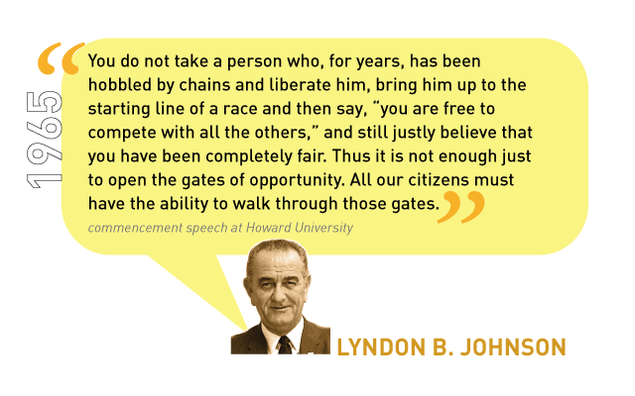
Since then, race-conscious affirmative action programs for education, employment and construction contracting have been enormously beneficial to millions of African Americans. Yet attacks on these programs have been both caustic and consistent for the past 50 years.
It’s not hard to understand that if you create systematic Black Injury, some healing balm is not only right, but necessary. Consider, however, some of the benighted pushback lately being sounded against Coates’ timeless argument and Brooks’ new-found enlightenment.
We can’t truly cross the divide unless there is a society-wide and soul-deep acceptance of the sinfulness that has perpetuated that divide.
For this generation, reparation of any minority would not heal, but rather exacerbate feelings of resentment and distrust between racial groups. Should I pay reparations for what slave states did in 1850, even though all my grandparents came to the United States in the 20th century?, the argument might go.
In answer, I say that becoming an American citizen entails both gaining the benefits and taking on the liabilities created by those who came before.
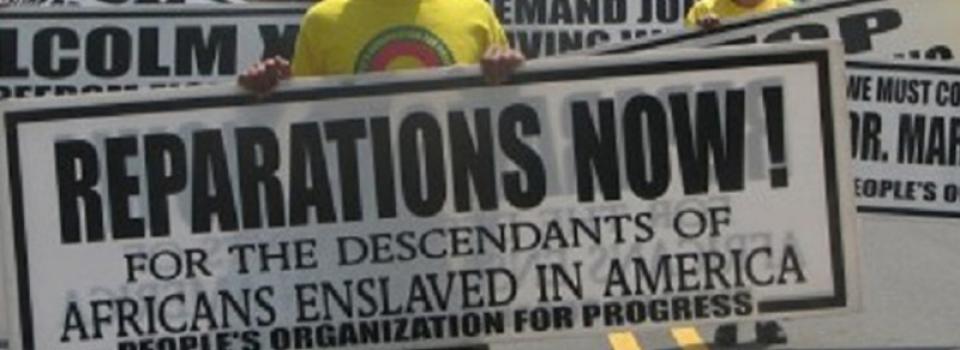
The concept of reparations for African Americans has been around for years. Former Michigan Congressman John Conyers introduced HR 40 to the 115th Congress of 2017. This bill establishes the Commission to Study and Develop Proposals for the African-American Reparations Act. Congressman Sheila Jackson Lee took over the sponsorship of the bill after Conyers retired and it has yet to see the light of day.
The Case Of Renty The Slave
Yet the reparations issue continues to make news; witness the recent case of Harvard University’s disputed rights to daguerreotype photos of a slave named Renty.
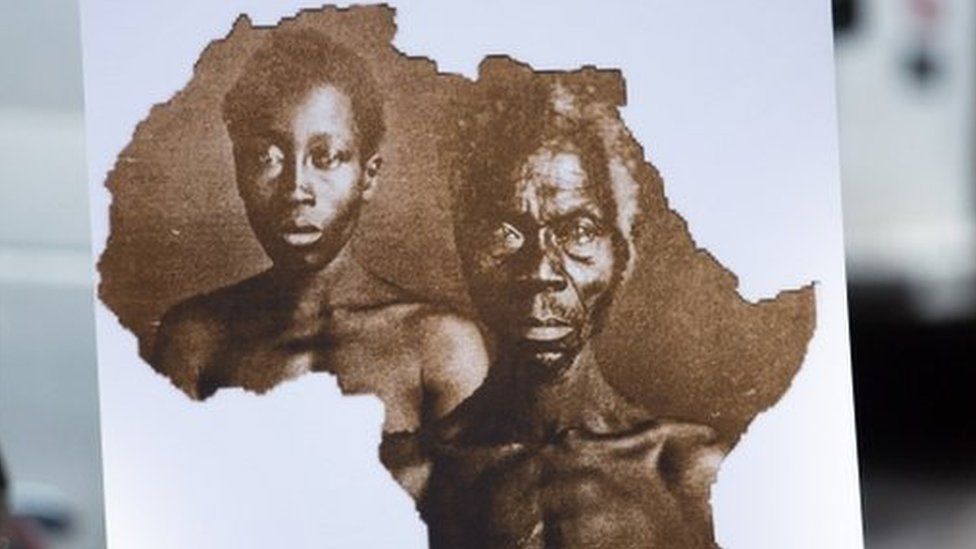
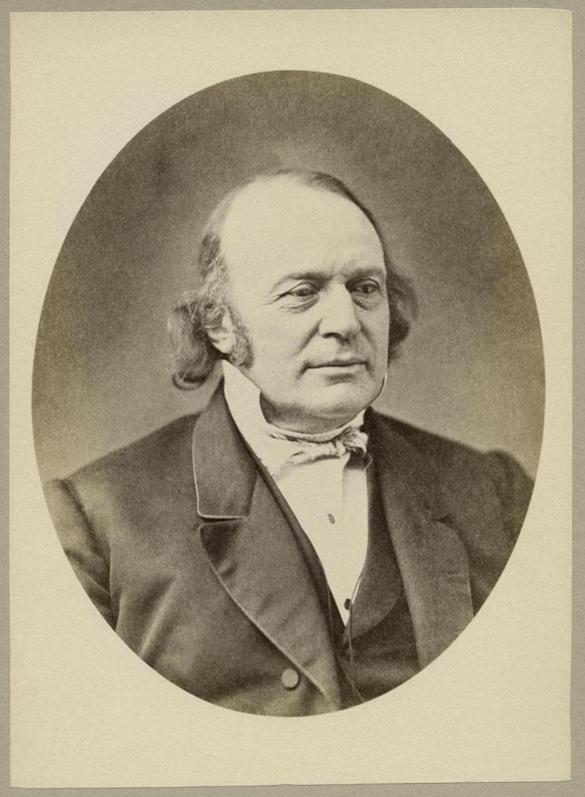
Pictures of Renty and his daughter Delia were taken after they were stripped naked against their will in 1850 as part of a racial study by Harvard biologist Louis Agassiz, whose theories on racial difference – that Blacks are inferior –were used to support slavery in the United States. The pictures are thought to be among the earliest photos of American slaves in existence.
The Lanier family of Connecticut claims to be the descendants of Renty and is thus entitled to these haunting, perverted pictures, which have been kept in a controlled atmospheric, light-sensitive encasement by Harvard. The family has retained noted attorney Benjamin Crump to advance their case.
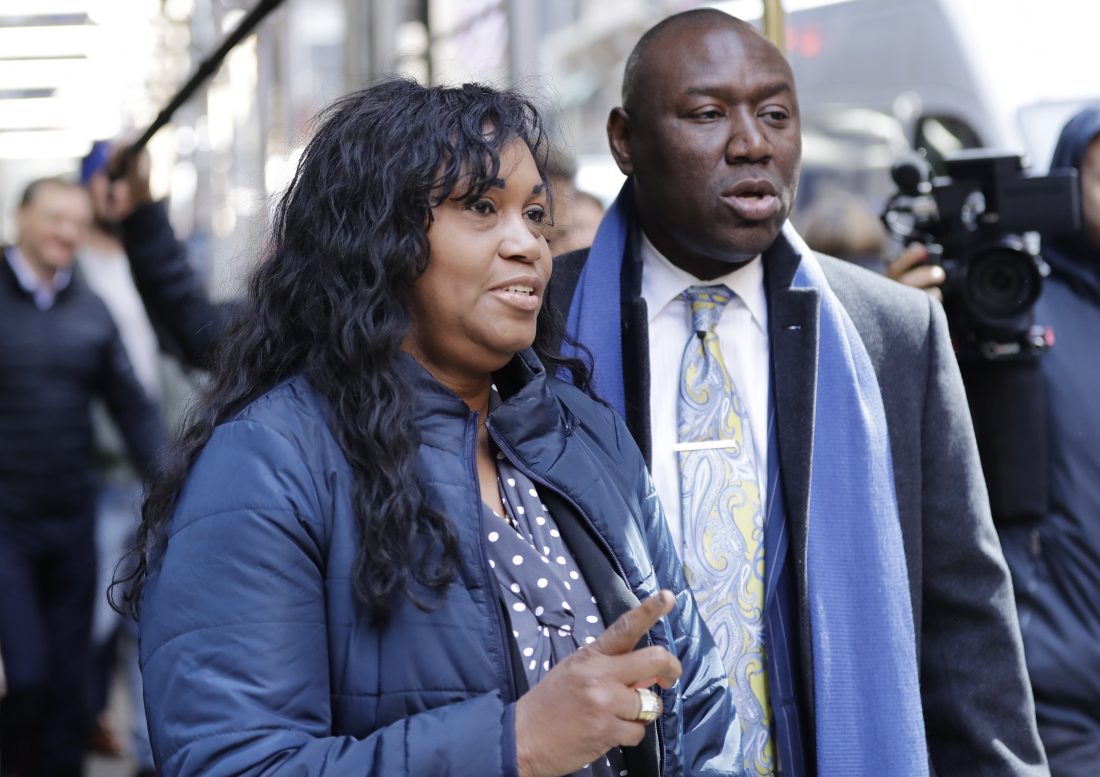
Their lawsuit asserts that “the images are the spoils of theft” because as slaves, Renty and Delia were unable to give consent. It says that the university is illegally profiting from the images by using them for “advertising and commercial purposes such as using Renty’s image on the cover of a $40 anthropology book.”
To some this may seem a small matter, but it raises the over-arching question of what descendants of slaves are entitled to. Monetary reparations? Or some other compensation? Ta-Nehisi Coates weighed in on the Renty /Harvard case on the side of the Laniers.
Coates says, “That photograph is like a hostage photograph. This is an enslaved Black man with no choice being forced to participate in white supremacist propaganda – that’s what the photograph was taken for.”
Remember that Harvard is but one of many colleges that benefited from Black slavery; colleges now facing choices about what must be done to compensate victims’ descendants. In a previous N’DIGO article, I outlined the case of ante-bellum Georgetown University selling a number of Black slaves when the school was near financial collapse. Georgetown atoned, in part, by granting those slaves’ descendants preferred admission enrollment.
David Brooks’ 180-degree journey from hostility toward affirmative action to support for reparations raises immeasurable questions. What prompted it? What happened in the intervening years to create this new position?
The Chicago Humanities Festival is bringing Brooks to Chicago on May 4, which is also Kentucky Derby Day. The CHF tickets are on the way, but as a thoroughbred fan, I was concerned about a conflict.
A friend bailed me out and will place my selected wager. If my horse wins, and if I get an upfront seat for Brooks, and if I can ask my two-part question about his dynamic conversion …well, that will be a sho’nuff TRIFECTA!
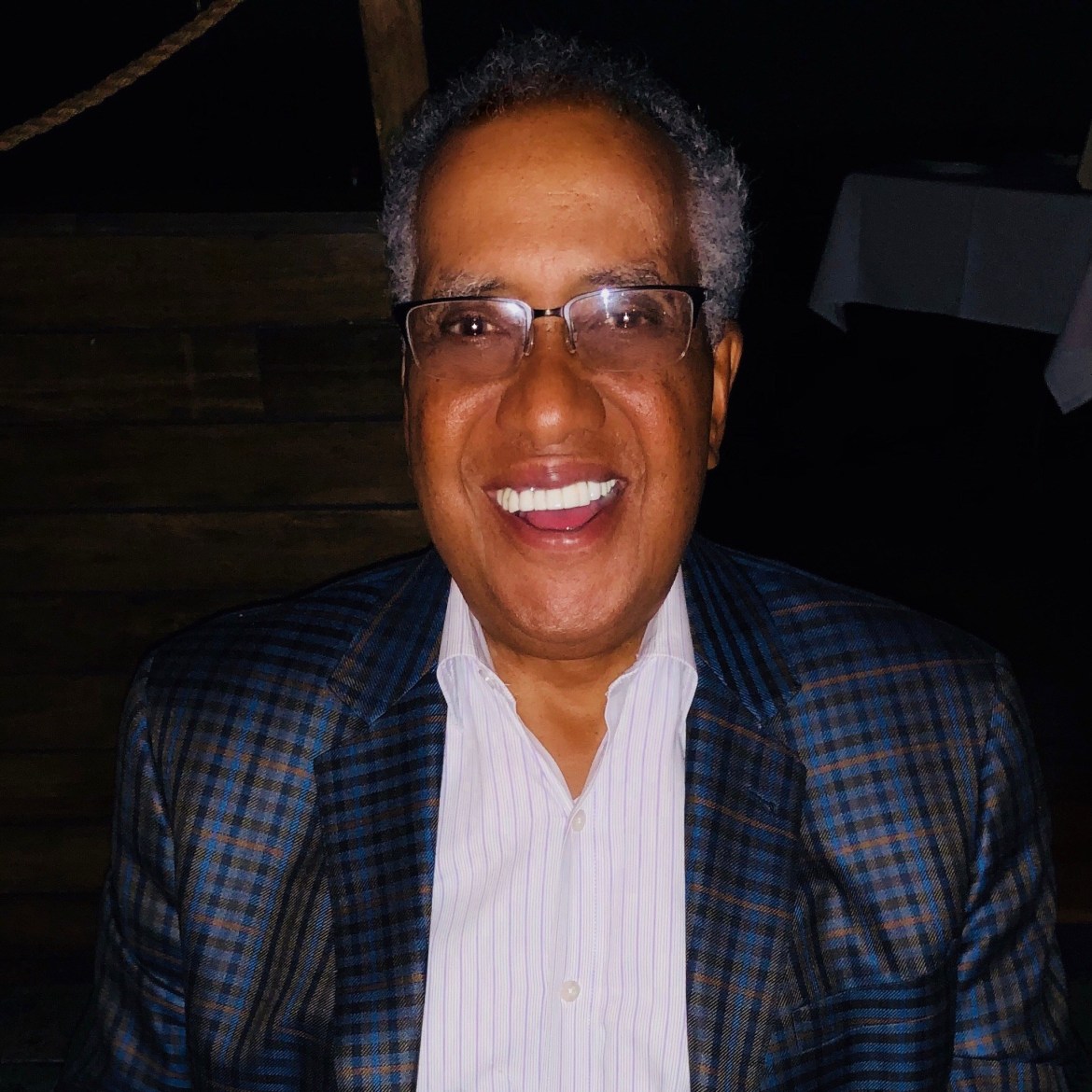
(Paul King is a construction industry consultant and member of the Business Leadership Council.)
